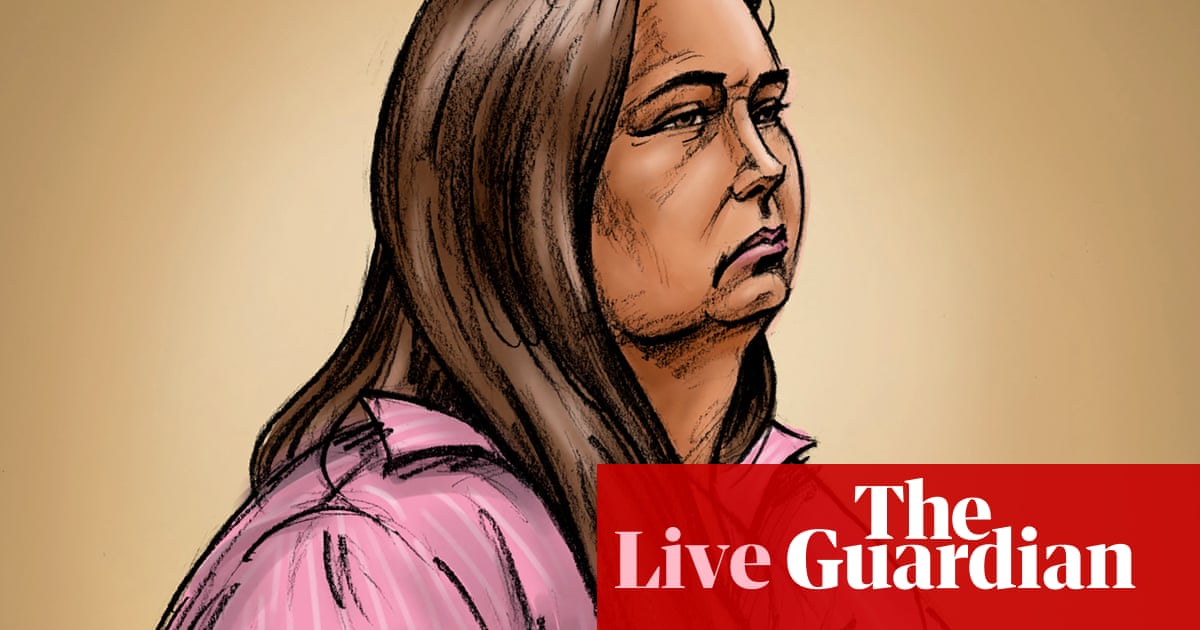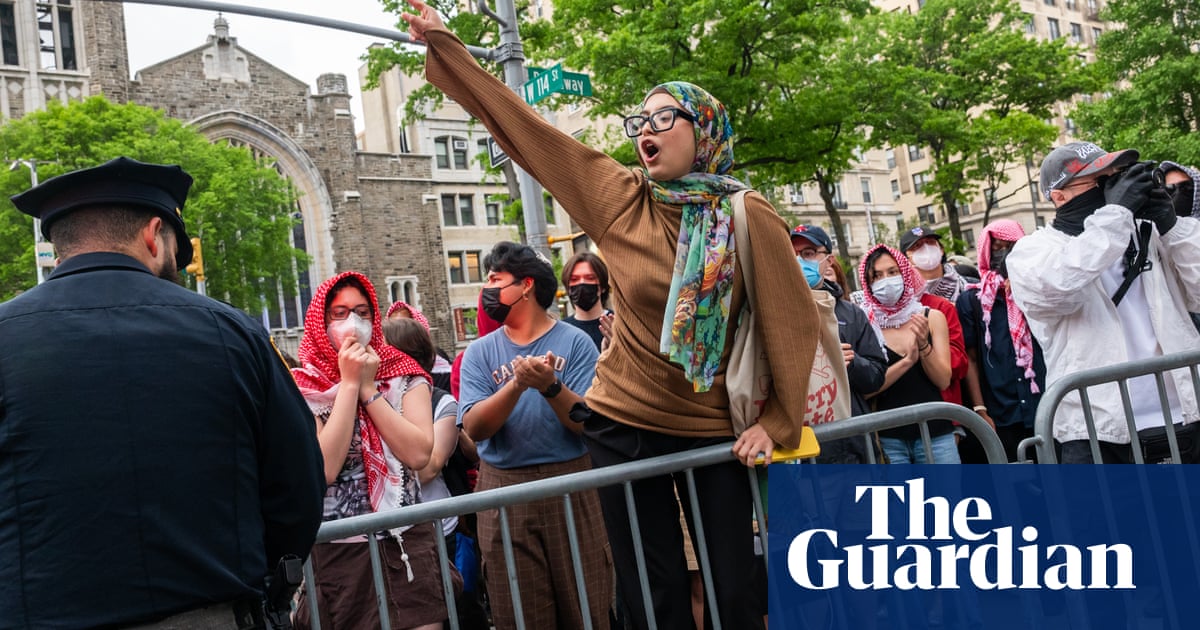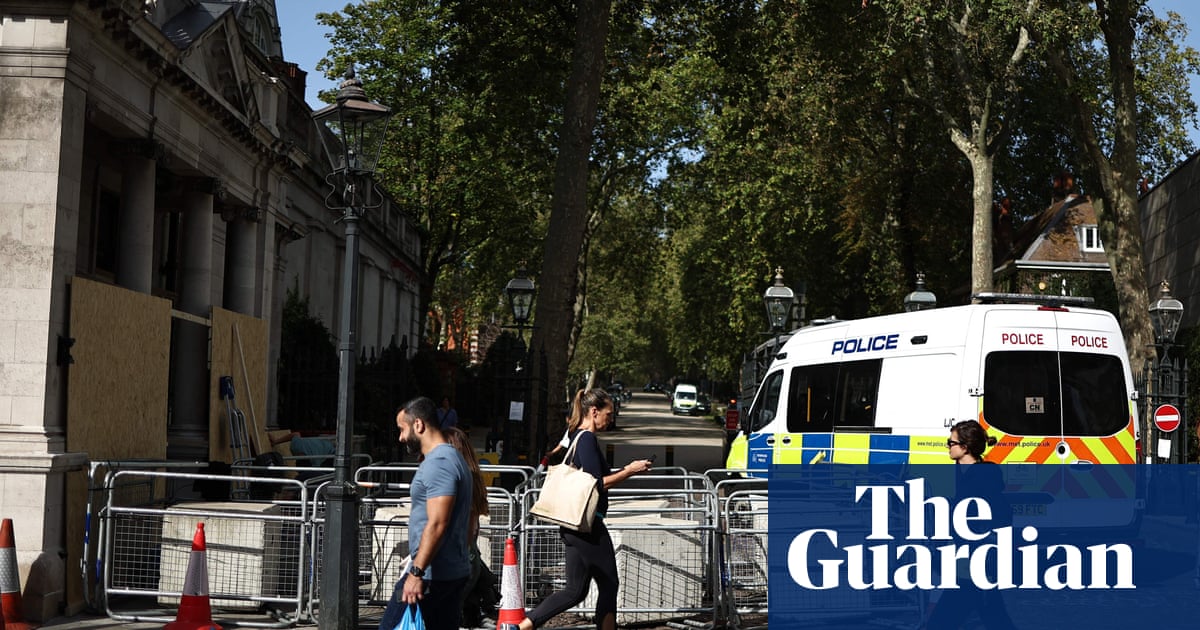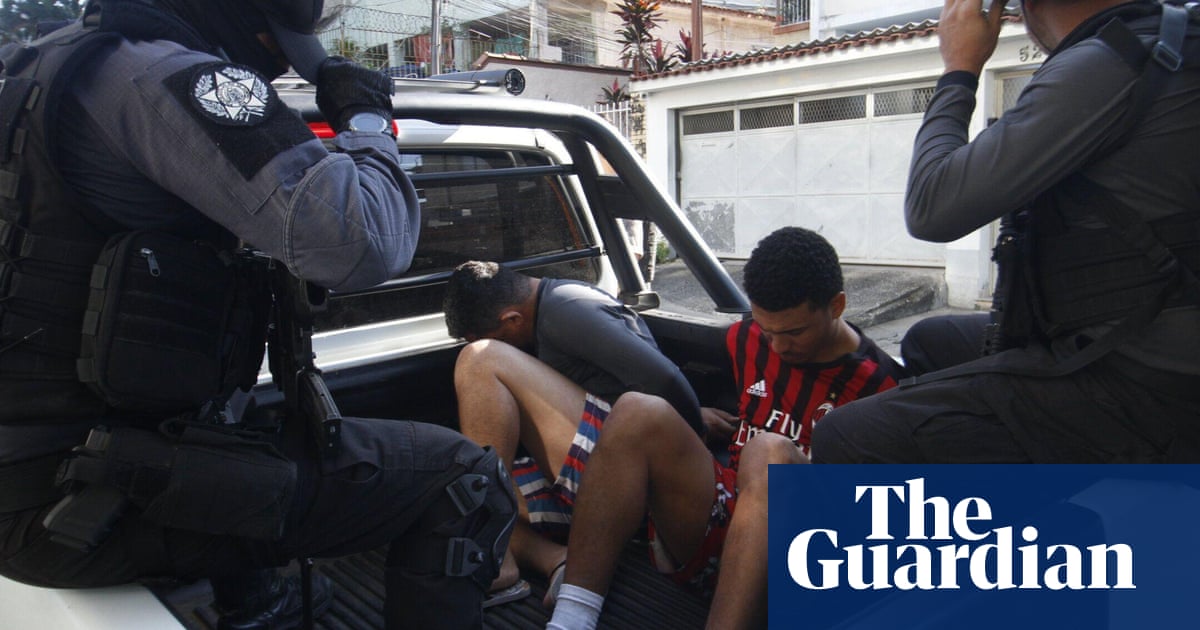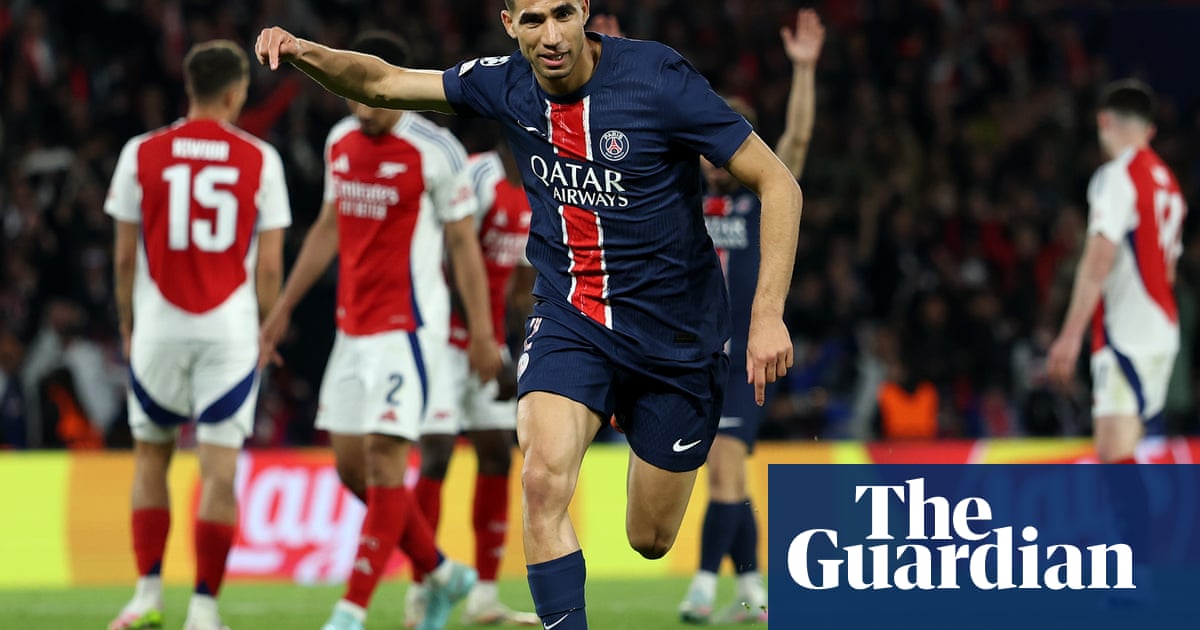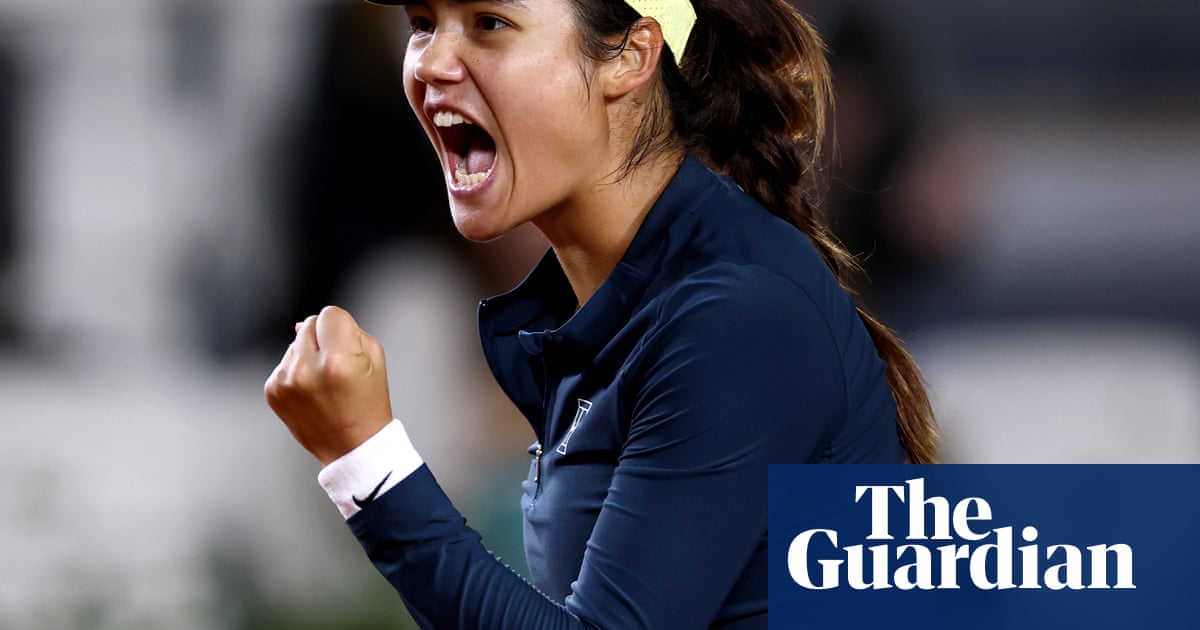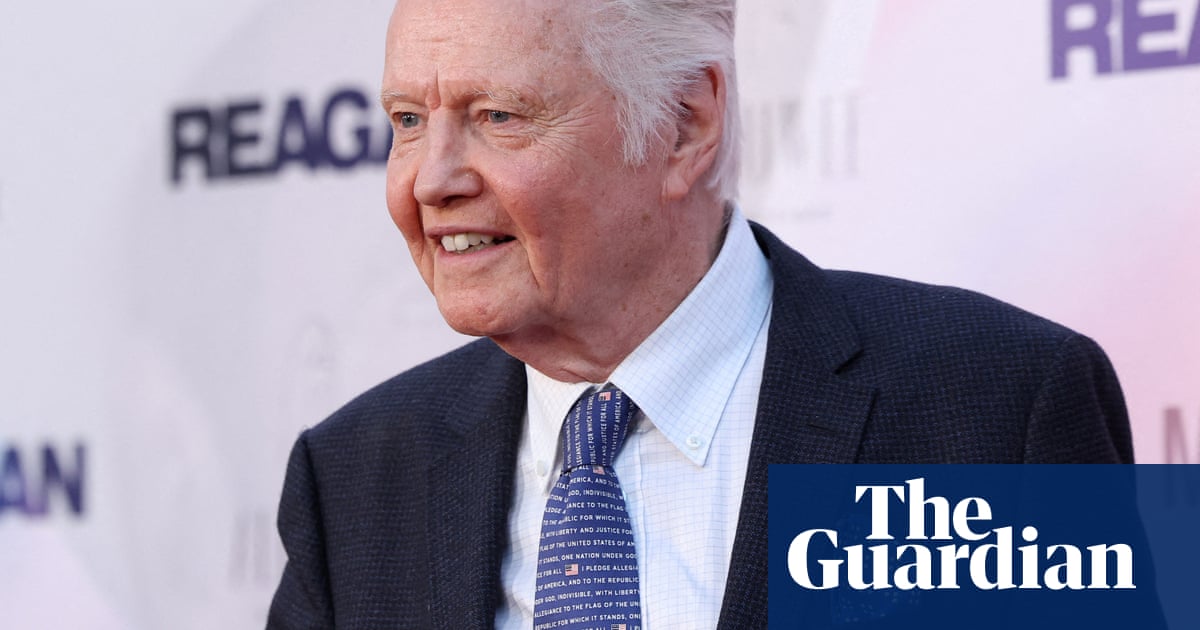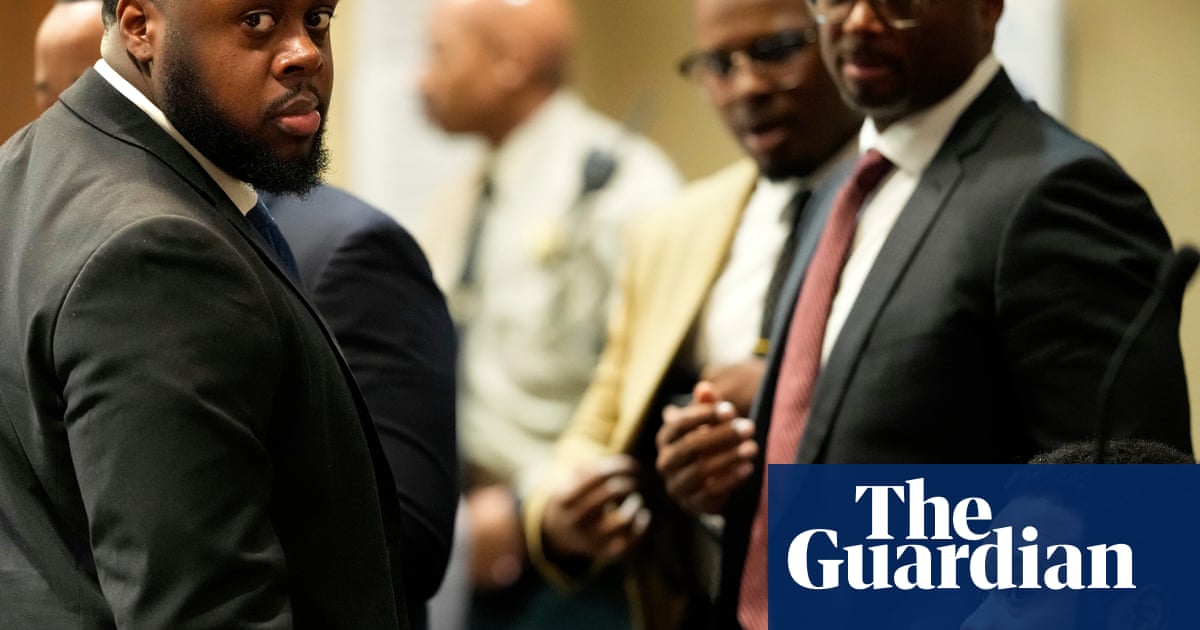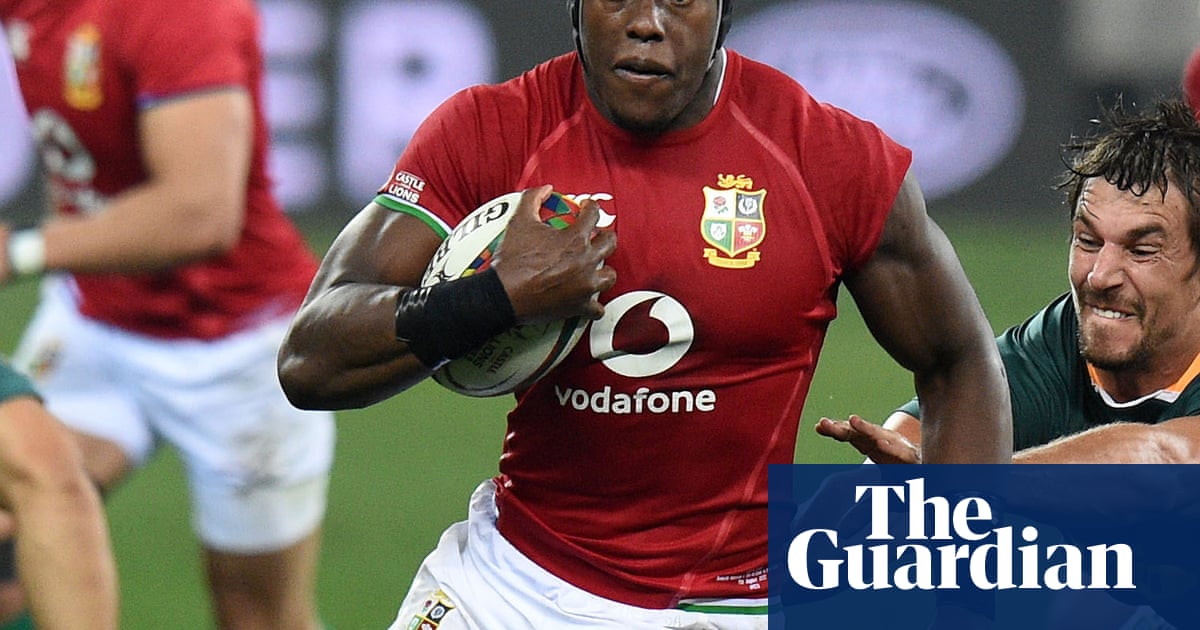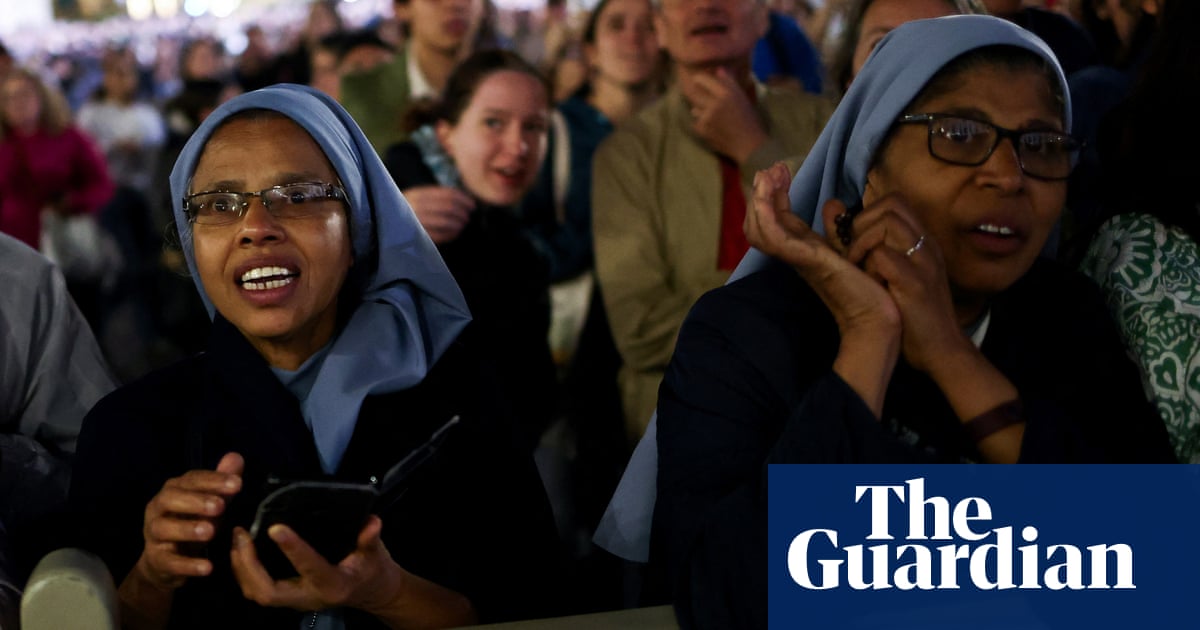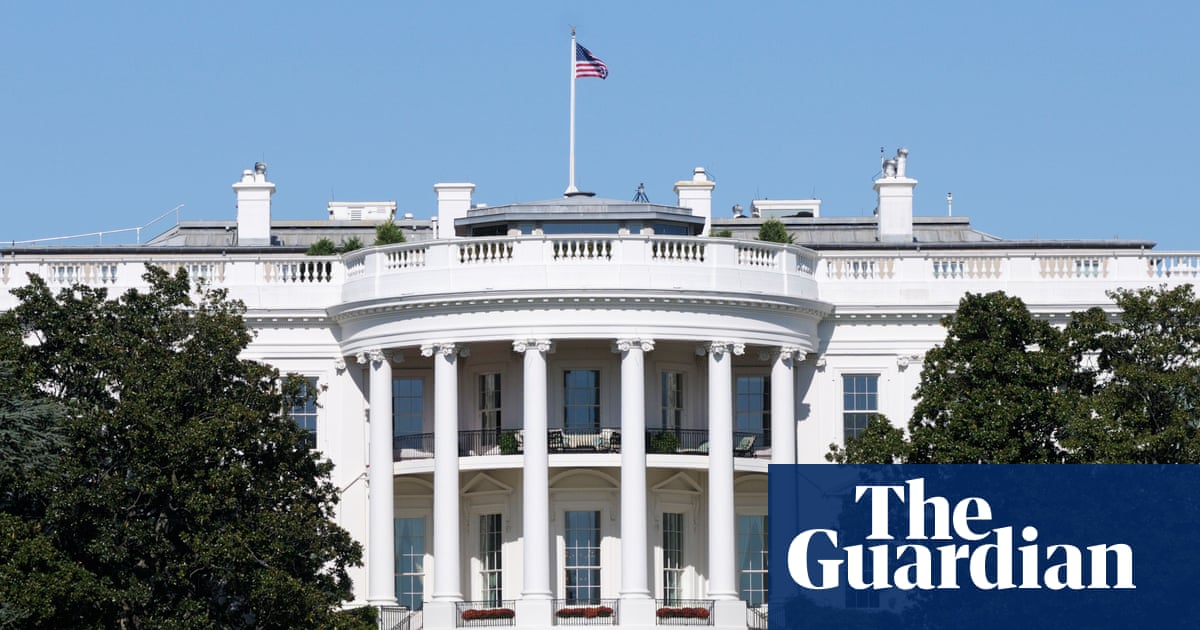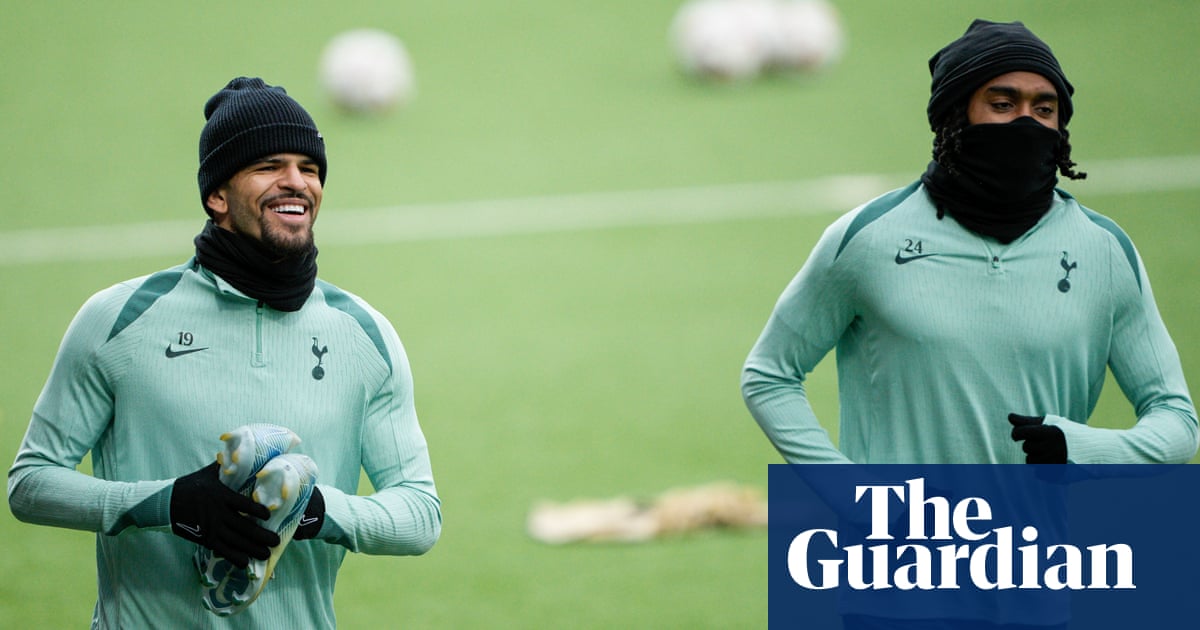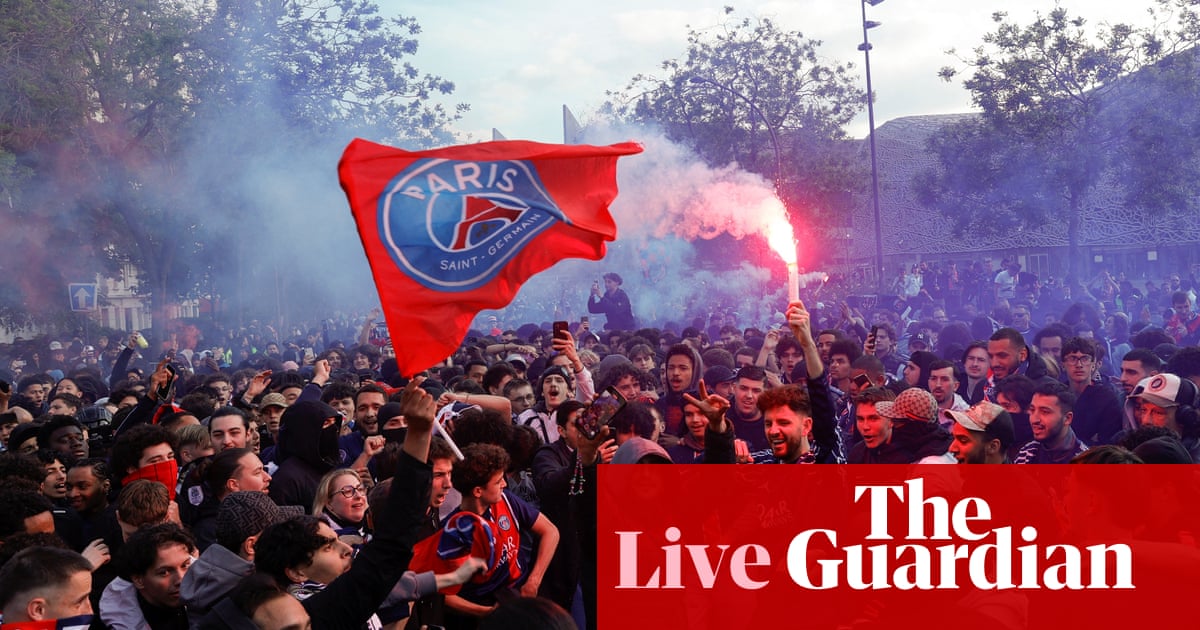When Renée Hector was getting the football bug as a youngster playing at Stevenage Borough Vixens, she idolised England internationals such as Alex Scott, Rachel Yankey and Anita Asante, But the only black female coach she felt she could relate to was the England manager Hope Powell. From the moment Hector moved to Watford’s centre of excellence, aged 10, managing the club’s women’s team was her ultimate dream, inspired by Powell, and she fulfilled ambition this season in her first year in charge of the Women’s National League Premier Division side, at the age of 29.
Hector’s playing career was cut short at 26 by an anterior cruciate ligament injury, but she was determined to turn that into something positive and progress her coaching career faster than expected. Last month, she was recognised on 2024’s Football Black List, which honours the most influential black people in the game. Hector is in elite company in a select list of five alongside the England coach Ashley Cole, Nottingham Forest’s Nuno Espírito Santo, Port Vale’s Darren Moore and Arsenal and England youth coach Carly Williams.
“When I got the email I was over the moon and then when I saw the company I was with, I was a bit blown away by it. I’m really proud to be included,” she sasy. “When I was growing up I guess I only had Hope to look at, to have that representation and see a role model, so for younger people [now] who potentially want to get into coaching once they stop playing just like I did, it always helps to see somebody who looks like you.
“When I was little I didn’t understand really why Hope was my favourite coach or why I looked up to her but now I’m older I know it’s probably because she was the only one I saw who potentially looked like me, and sometimes, as you get older, you start to understand a little bit more about how good of a coach she is, and what she’s achieved.”
Powell broke new ground in several ways, not only as the first woman to coach England but as the first woman to obtain the Uefa Pro Licence. Hector’s career has already included a ‘first’ that nobody would ever want – the first case of racist abuse formally recorded in women’s professional football. On 6 January 2019, after a game for Tottenham, she tweeted that she had been subjected to monkey noises mid-match by an opposing player. The then-Sheffield United forward Sophie Jones, who denied a Football Association charge of racial abuse, was subsequently banned for five games and fined £200 after being found guilty by the FA. For Hector, though, the impact lasted significantly longer than a five-game suspension. Now more than six years on from that incident, she feels it contributed to her early retirement.

“It’s probably only in the past year or so that I feel like I’ve moved on from that specific situation,” Hector says. “It’s definitely started to shape me, in my adult life. At the time, it was extremely difficult, not just the incident, but then all the online abuse and stuff that came after it. And if I’m being honest, it was probably a huge factor contributing to the fact I don’t play football any more.”
Hector helped Spurs win promotion later that season and signed for Charlton in the summer of 2019 but left within a few months. “I didn’t feel right, I didn’t have that same relationship with football that I’d always had,” she says. “I still absolutely loved football but something didn’t feel right. I felt the best thing for me was to go back to Watford, a place that I can call home. I just wanted to be happy again.
“And then obviously my injury [ACL] then came and Covid was a huge factor as to why I got injured but also I think I had such a difficult time mentally. I probably made the wrong decisions, in terms of what I was eating and drinking and things like that, and then that impacts on you physically and when you’re training at such an intensity you’re more likely to get injured. And then now here I am [retired from playing].
“But if I was to go back, would I change the way I dealt with it or how I responded? I really think I wouldn’t. Because I’ve had so many messages from parents saying: ‘My little girl has gone through the same thing, thank you so much for sharing your story.’ So if it makes a difference for players who are going through the same thing that can help me be at peace with it a little bit. So even though it’s been a tough, tough five or six years to get through how much my mental health was affected – I’ve had a lot of therapy since – all I can do is try to turn it into something positive, and hopefully now I can say that’s something I’ve managed to do and I’ll keep moving forward and keep speaking when I need to.”
after newsletter promotion
Since hanging up her boots, Hector has worked on her coaching qualifications, firstly obtaining the Uefa B licence and now working towards her A Licence at St George’s Park, as part of the cohort that began the course in January. She has been the only black woman in her B and A Licence classes too but says: “If I’m honest, it feels a little bit more strange maybe being a woman on those courses, than a black woman, because they’re so heavily male dominated. There is some diversity within the male candidates, so I’m not sure if I’ve ever thought about it in terms of being the only black woman, but I’ve definitely thought about it in terms of being one of only two or three women out of a cohort of about 36 people? You have to maybe work a bit harder to have your voice heard. That’s probably more of a stigma than anything else.”
In 2023, Hector earned a spot coaching England Under-17s, as part of the England Elite Coach Programme, after the toughest interview process of her life, having gained experience coaching Watford Under-23s. Since being appointed as Watford’s senior-team manager last July, she has guided the club to a third-placed finish in the third tier, 10 points behind the champions Ipswich. Watford won 13 of their 22 league fixtures, and finished the campaign with a nine-game unbeaten run.
Reflecting on getting her dream job, Hector says: “It was amazing because I’m a Watford girl, through and through, I went through the ranks as a youngster in Watford’s youth setup and had that affiliation to the club for the past 18 years or so, so I was really grateful to them, they very much were supportive and wanted to help me in terms of getting my badges and helping me progress in my coaching career. I always wanted to be the manager of Watford FC Women one day but I had no idea it would come this early – and I’m loving it.”

 16 hours ago
7
16 hours ago
7
